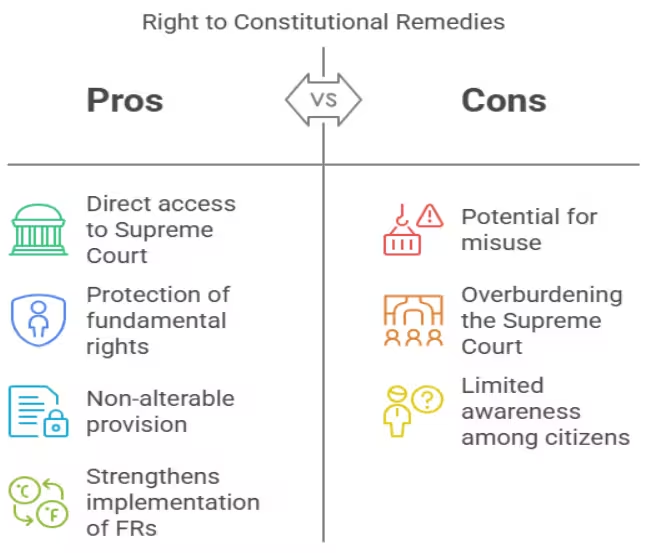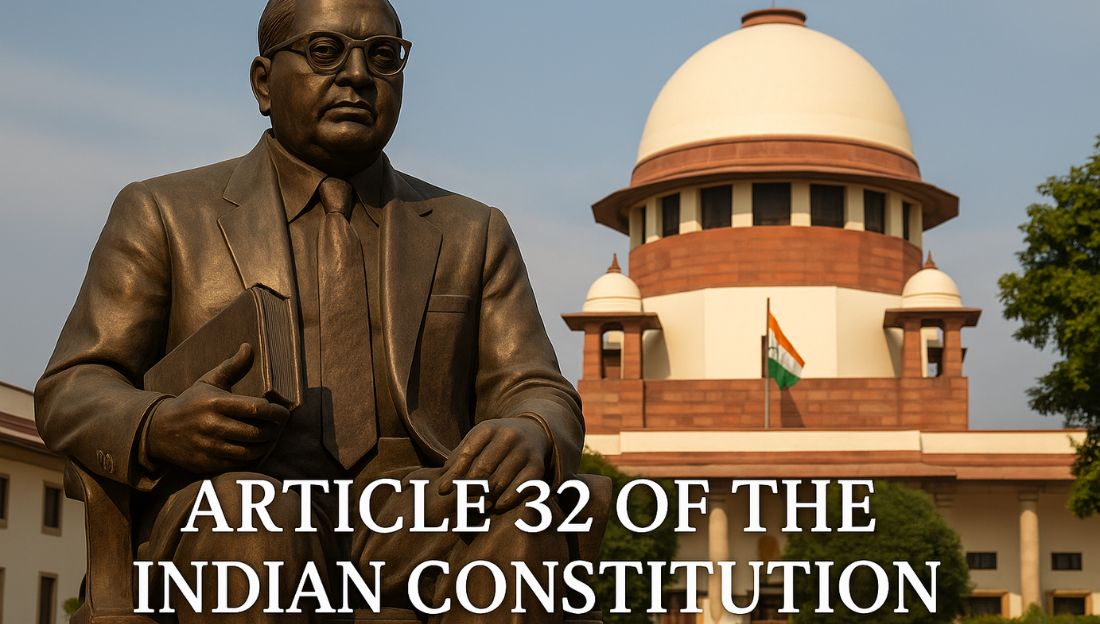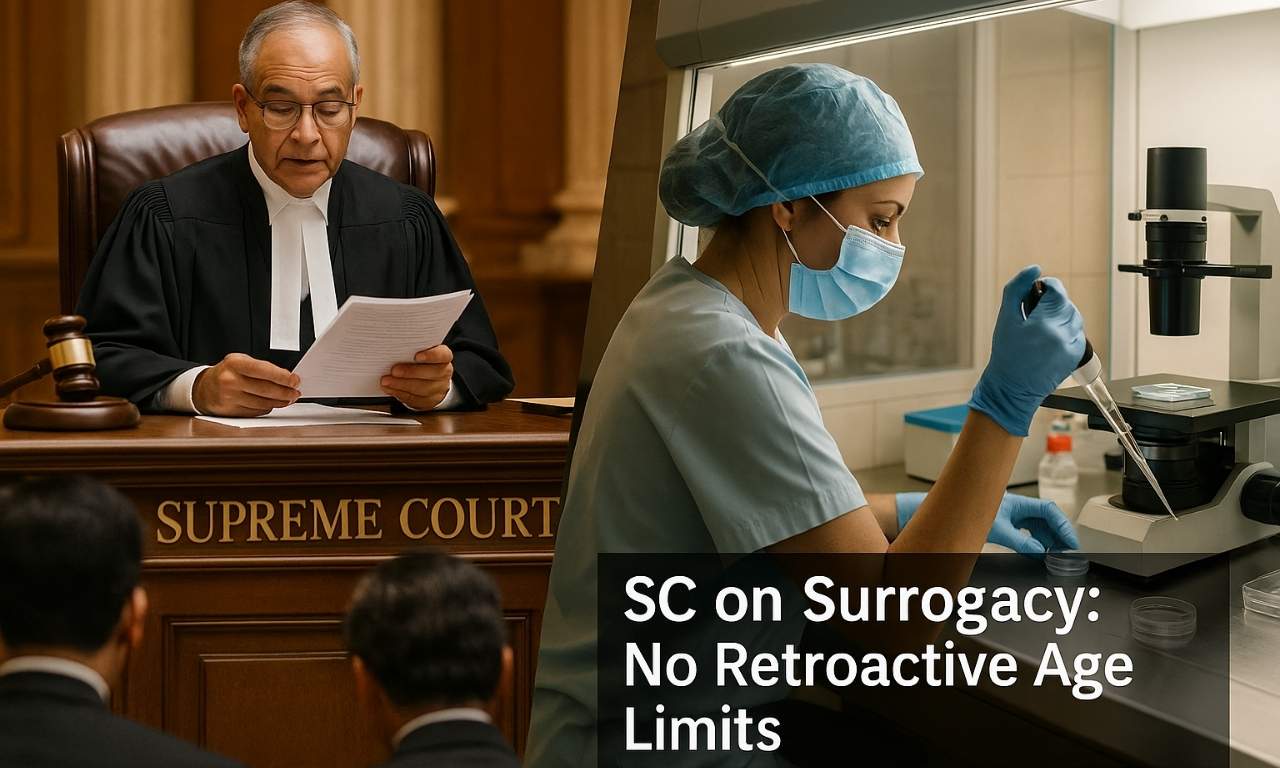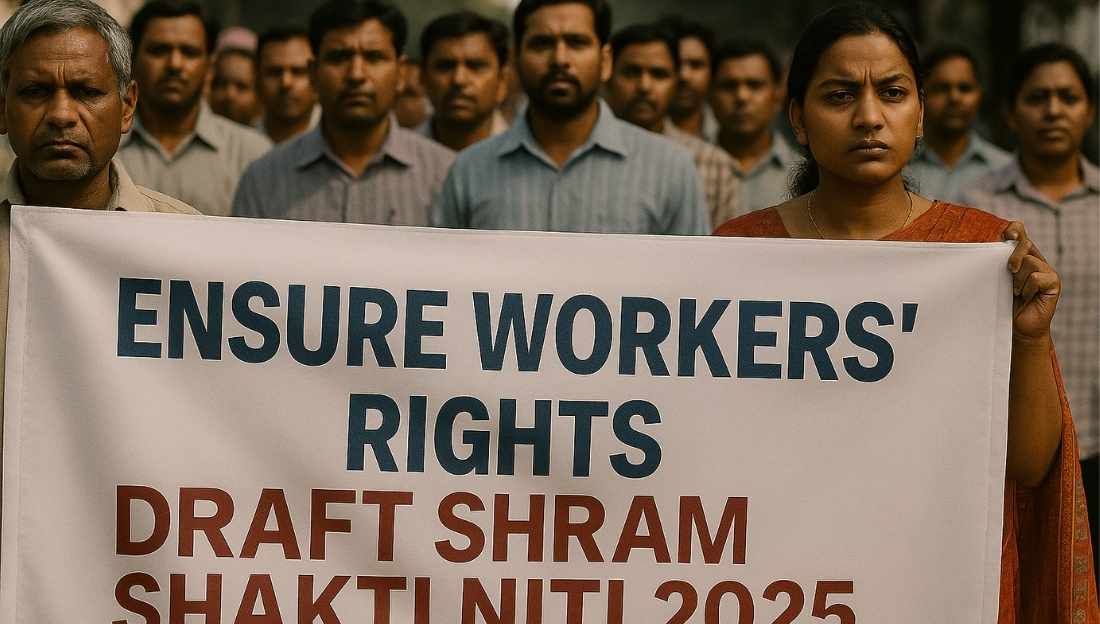On the 75th anniversary of the Constitution, Chief Justice of India highlighted B. R. Ambedkar’s view of Article 32 as the most vital provision that allows people to approach the Supreme Court directly to protect their Fundamental Rights.
What is Article 32?
- It provides the Right to Constitutional Remedies, allowing citizens to move directly to the Supreme Court when their Fundamental Rights (Part III) are violated.
- It is considered a Fundamental Right in itself, ensuring legal protection and enforcement of rights.
- The Supreme Court has original jurisdiction under Article 32, while High Courts have similar powers under Article 226.
- The right under Article 32 can only be suspended during a National Emergency as per Article 359.

Writs under Article 32
- Habeas Corpus – Protection from unlawful detention.
- Mandamus – Orders public officials to perform their legal duties.
- Certiorari – To cancel unlawful decisions of lower courts or tribunals.
- Prohibition – Prevents lower courts from overstepping their jurisdiction.
- Quo Warranto – Checks illegal occupation of public office.
Ambedkar’s View on Article 32
- Ambedkar believed that rights are meaningless without proper remedies.
- He called Article 32 the “Heart and Soul of the Constitution” because it makes Fundamental Rights enforceable.
- He emphasized that the Supreme Court acts as the protector of individual liberty.
- Article 32 ensures a balance between constitutional adaptability and protection of core freedoms, working together with Article 368.
Conclusion
Article 32 empowers citizens to defend their Fundamental Rights and ensures that the Supreme Court remains the guardian of justice and liberty in India.
This topic is available in detail on our main website.





